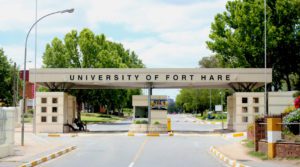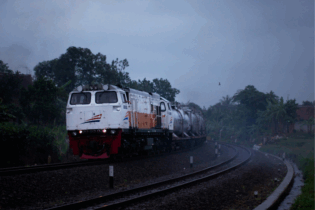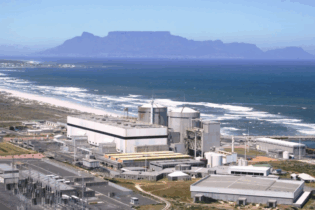The University of Fort Hare (UFH) announced that it will undertake two water infrastructure projects of R130 million that will benefit students as well as residents and the economy of Alice, Eastern Cape.
The University will act as the project implementation agent and will be responsible for the appointment of the professional service providers and contractors to successfully deliver the project that is funded by the Department of Higher Education and Training (DHET). A project steering committee will be established, chaired by UFH’s Deputy Vice-Chancellor of Institutional Support. The Amathole District Municipality will also be part of the committee as the owner of the water treatment works as well as the Raymond Mhlaba Municipality. The Project Steering Committee will have oversight of the two projects. “The UFH Alice campus has been experiencing water problems for some years. In particular, the construction of the new student village has exacerbated the situation and in order for us to address this we will be embarking on infrastructure upgrading of the existing water treatment works,” said Dr. Oscar van Heerden, DVC: Institutional Support for the University of Fort Hare. “Concurrently, the existing waste water treatment works is also operating above its maximum capacity. With the increase in the water supply, the existing water treatment works would not be able to treat the effluent from both the town and the university. The upgrading of the waste water treatment works is therefore required to treat the increase of the effluent,” he said. The water treatment works project entails upgrading the treatment capacity from 0.93million m3 to 2.9million m3 per year, and a new 4Ml reservoir will be constructed to improve water supply to the campus. The wastewater treatment works comprises upgrading treatment capacity from 2Ml/day to 4Ml/day.Dr. van Heerden said it is envisaged that both treatment works will be operational by 31 March 2023.
“Upon completion, the UFH Alice campus will have a more reliable water supply with adequate pressure and sewerage treatment works that can treat the effluent from both the town of Alice and UFH. The increased capacity of the wastewater treatment works will provide for an increase in treated water for agricultural purposes and for effluent discharged into the river that is compliant to environmental standards and regulations,” said Dr. van Heerden. The University of Fort Hare said it is in advanced stages for the appointment of the professional service providers namely the environmental impact assessment (EIA) specialist, the consulting engineer for the water treatment works, and the process engineer for the wastewater treatment works. The University of Fort Hare strives to empower qualifying local enterprises in construction by earmarking and ringfencing specific work packages for SMMEs. This will be dealt with once the design work is done and once the various work packages have been identified said Dr. Van Heerden. “Under the direction of the institution’s new strategic plan, major infrastructure projects will be undertaken over the next decade as part of the University of Fort Hare’s renewal and restoration,” said Professor Sakhela Buhlungu, Vice-Chancellor of the University of Fort Hare. “The primary focus is to improve student experience and to provide high-quality teaching facilities, as the University of Fort Hare’s infrastructure has fallen behind compared to other urban and new greenfields rural universities in South Africa” he said.





